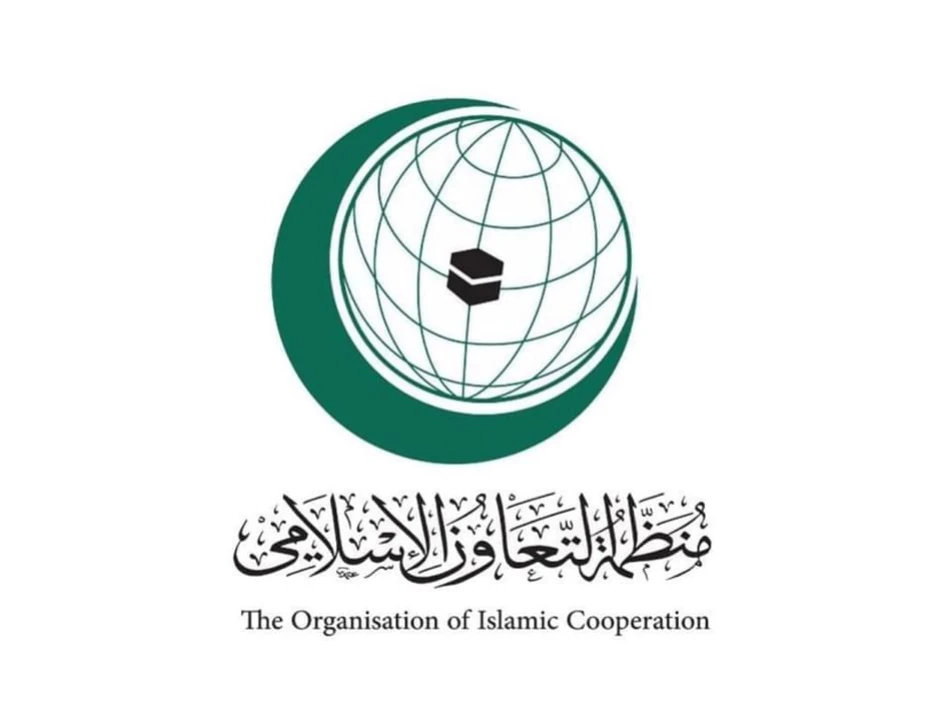
Urgent Islamic Cooperation Meeting on Gaza Crisis Set for Monday
Islamic Cooperation Organization Calls Emergency Meeting as Gaza Crisis Intensifies
The Organization of Islamic Cooperation (OIC) will convene an extraordinary session of foreign ministers next Monday to address Israel's ongoing military operations against Palestinians, signaling growing diplomatic pressure as the Gaza conflict enters a critical phase. The emergency gathering reflects mounting concerns among Muslim-majority nations about Israel's long-term strategic objectives in Gaza and the deteriorating humanitarian situation.
Diplomatic Mobilization Against Israeli Strategy
The emergency session aims to coordinate positions and joint efforts among the 57 OIC member states to counter what the organization describes as Israeli plans to establish permanent control over Gaza. This diplomatic mobilization comes at a time when international attention has begun shifting away from the conflict, despite the ongoing humanitarian crisis.
The OIC's decision to hold an extraordinary meeting underscores the organization's assessment that current Israeli actions represent a fundamental shift in the conflict's trajectory, moving beyond immediate military objectives toward longer-term territorial control.
Strategic Timing and Regional Implications
The timing of this meeting is particularly significant, occurring as regional powers reassess their positions following months of conflict. Unlike previous OIC responses to Middle Eastern crises, this gathering focuses specifically on preventing what member states view as permanent Israeli occupation of Gaza territory.
This diplomatic initiative mirrors similar emergency sessions held during previous Gaza escalations in 2008, 2012, and 2014, but with a notably different emphasis on preventing long-term occupation rather than merely calling for ceasefire.
Humanitarian Crisis as Diplomatic Leverage
The OIC's framing of the situation emphasizes allegations of genocide, forced displacement, and siege conditions, language that reflects a strategic shift toward international legal frameworks. This approach suggests member states are preparing for potential action through international courts and tribunals, similar to South Africa's recent International Court of Justice case.
The organization's focus on the "unprecedented humanitarian crisis" serves dual purposes: highlighting immediate suffering while building a legal and diplomatic case for international intervention. This strategy has proven effective in previous conflicts, particularly in mobilizing support from non-aligned nations.
Limited Options, Symbolic Impact
While the OIC lacks enforcement mechanisms comparable to the UN Security Council, its collective diplomatic weight represents significant soft power. The organization's 57 members control substantial energy resources and represent over 1.8 billion people, providing potential economic leverage despite limited military options.
Previous OIC emergency sessions have resulted in coordinated diplomatic initiatives, economic measures, and international legal challenges. However, the organization's effectiveness has historically been constrained by internal divisions and competing national interests among member states.
Regional Power Dynamics at Play
The emergency meeting occurs against a backdrop of shifting regional alignments, with traditional powerbrokers like Saudi Arabia and the UAE pursuing more nuanced approaches to Middle Eastern conflicts. This diplomatic complexity may limit the OIC's ability to present a unified response, potentially reducing the meeting's practical impact.
The gathering will likely test the organization's cohesion, particularly regarding members' relationships with Israel and varying approaches to Palestinian statehood. These internal dynamics could determine whether the emergency session produces meaningful diplomatic action or remains largely symbolic.
Most Viewed News

 Sara Khaled
Sara Khaled






